Bhubaneswar, swa news : The Kalinga Institute of Medical Sciences (KIMS), Bhubaneswar, will host the 2nd edition of the flagship national health summit, ‘KIMS National Conclave 2025’, on 22 November.
The conclave, themed “Future of Medical Care and Progress,” will bring together leading experts in clinical medicine, public health, policymaking, medical technology, and social transformation to deliberate on the future direction of healthcare delivery in India.
The ‘Health Empowerment in Rural Odisha’ (HERO) Award’, instituted from this year, will be given on the occasion. It will be conferred annually on eminent physicians of Odisha for their significant and measurable contribution to the health outcomes and wellbeing of rural communities across the state.
With participation from eminent national and international speakers, the event will address rising disease burdens, rapid digitalisation, inequitable access, and the need for resilient, patient-centred systems.
Guided by the vision of Dr Achyuta Samanta, Founder of KIIT, KISS & KIMS, the conclave is led by senior academicians including Prof. (Dr.) Subrat Acharya, Prof. (Dr.) Y. K. Chawla, Prof. (Dr.) C. B. K. Mohanty, and Dr. Ajit Kumar Mohanty, Director General of KIMS and Organising Secretary.
Speaking about the objective of the conclave, Prof. (Dr.) Subrat Acharya, Pro-Chancellor, KIIT and noted gastroenterologist, said that the overarching goal of the conclave is to deliberate on pressing issues that includes that “progress in medical treatment ultimately reach the people.” He emphasised the need to rethink India’s healthcare delivery mechanisms and strengthen areas that medical colleges do not traditionally teach—health promotion, disease prevention, communication skills, and locally relevant problem-solving.
He added that the conclave will focus on how innovations, cellular science, and clinical sciences can converge to drive meaningful change through translational research.
He noted that these discussions will go “beyond conventional medical thinking” and explore whether India can build systems that are both state-of-the-art and affordable.
The day-long scientific sessions are structured around three pillars—Systemic Reform and National Service, Innovation and Translational Research, and Specialised Care and Institutional Excellence.
Key sessions include Dr. K. Srinath Reddy’s address on reforms in medical education, calling for greater focus on public health, social determinants, and community engagement.
On the research front, Dr. Rajiv Bahl, DG–ICMR, will outline strategies to boost India’s medical research ecosystem, while Prof. Alok Dhawan will discuss translating systems biology into clinical applications. Prof. V. Kamakoti of IIT Madras will spotlight affordable, engineering-driven healthcare innovations.
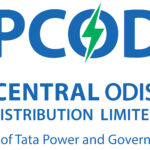





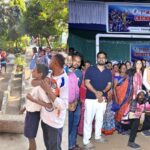
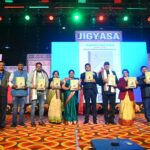
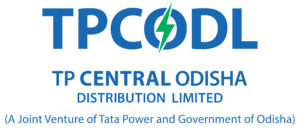
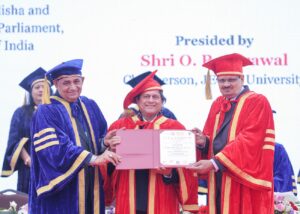

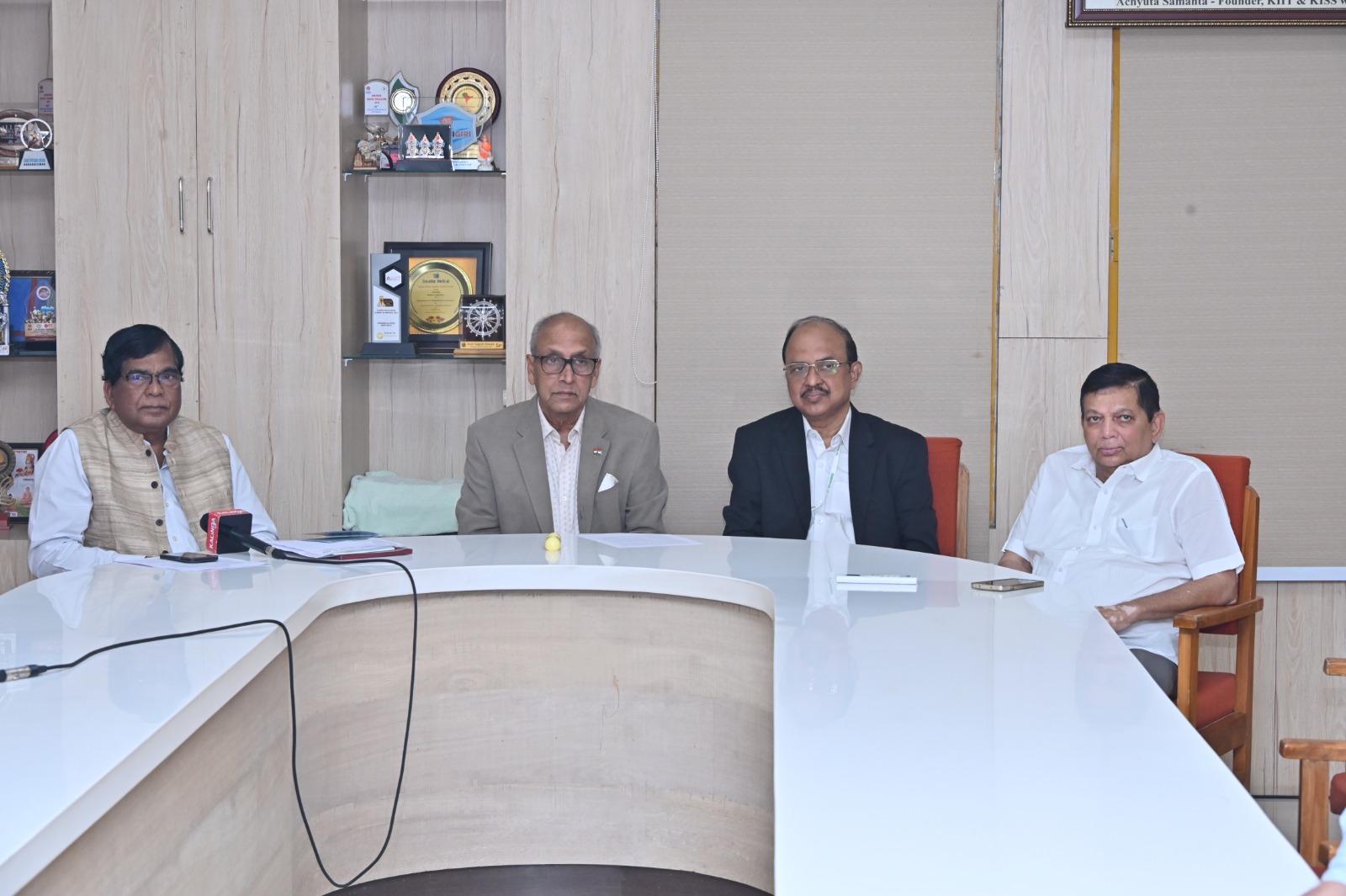
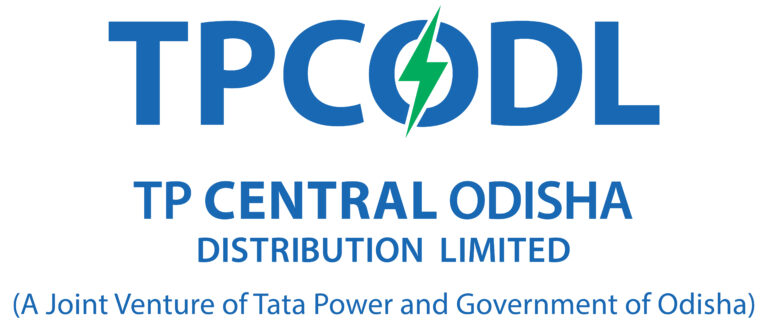
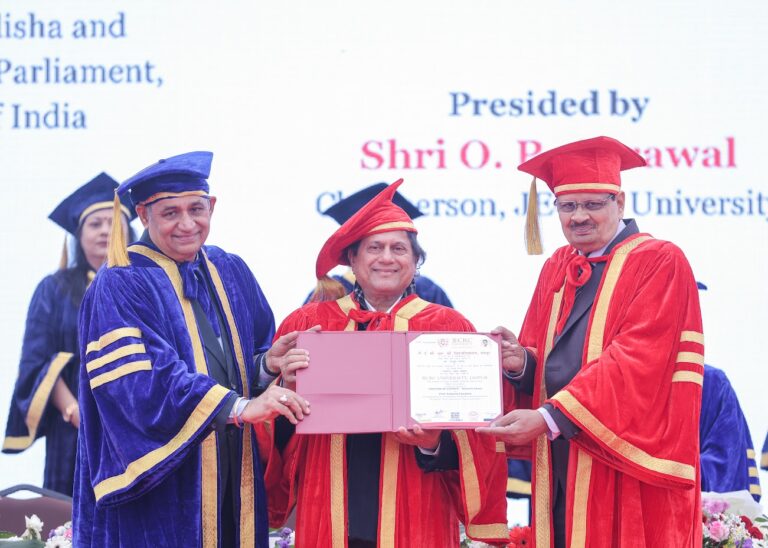
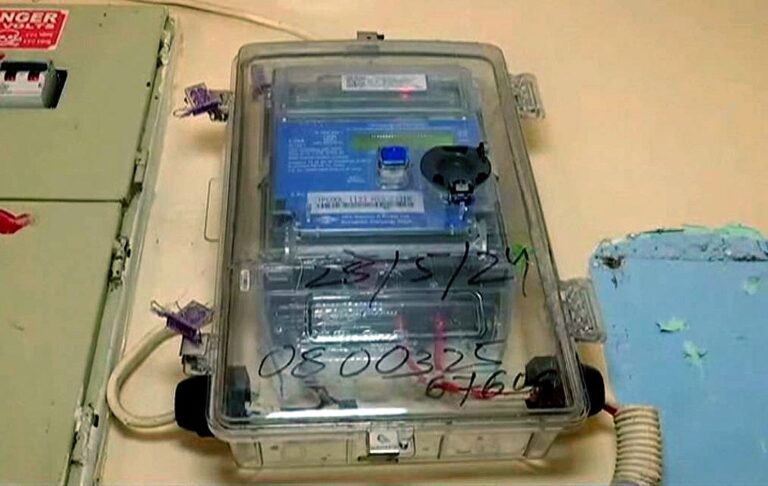



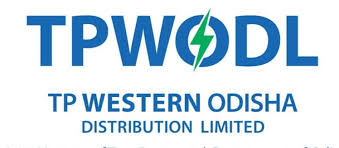
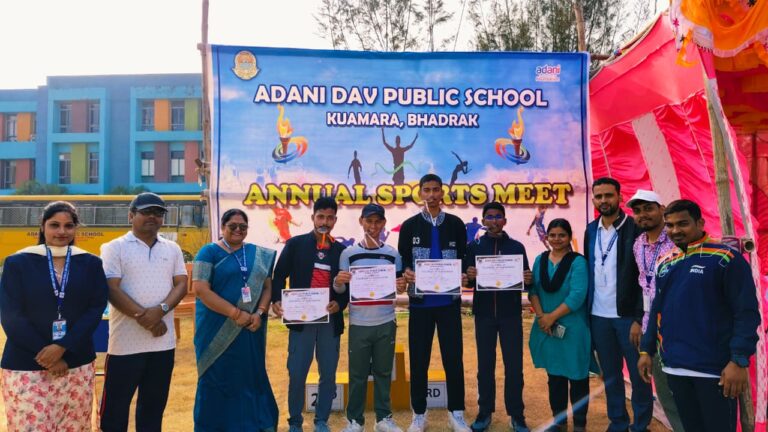
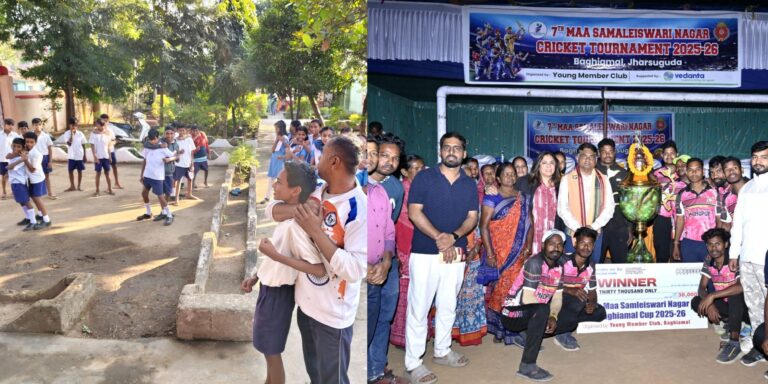
+ There are no comments
Add yours